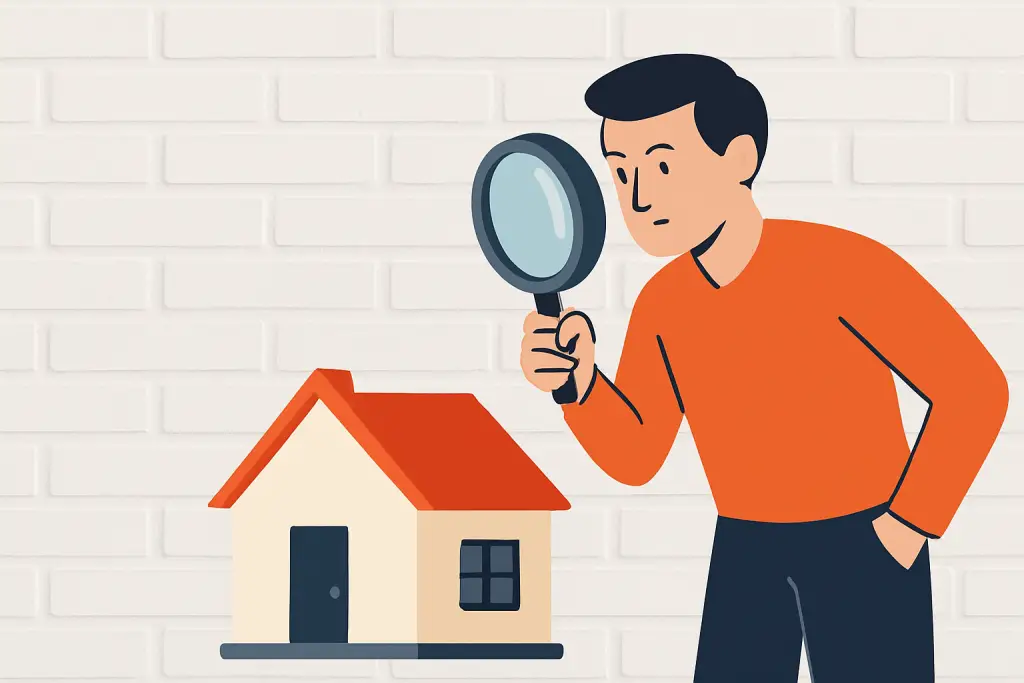How to Buy Your First Investment Home (When You Already Own Your First Home)
Owning your first home is a big milestone—but it doesn’t have to be the last stop on your real estate journey. If you’ve been thinking about building wealth through property, buying your first investment home can be a smart next move. Here’s how to get started.
1. Evaluate Your Finances
Before shopping for an investment property, take a close look at your current mortgage, credit score, and monthly budget. Lenders often require a larger down payment (typically 15–25%) for investment homes compared to primary residences. Strong credit and stable income will help you secure better terms.
2. Leverage Your Home Equity
If you’ve built up equity in your current home, you may be able to use it to help fund your investment purchase. Options include a cash-out refinance or a home equity line of credit (HELOC). This can reduce the need for out-of-pocket cash.
3. Know Your Investment Strategy
Are you looking for a long-term rental, a short-term Airbnb, or a property to fix and flip? Your strategy will guide the type of home you buy, the location, and your budget.
4. Choose the Right Location
Focus on areas with strong rental demand, good job growth, and appealing amenities. Remember, an investment property doesn’t have to be in your own neighborhood—sometimes better opportunities are just a few miles away.
5. Run the Numbers First
Estimate rental income, subtract expenses (mortgage, taxes, insurance, repairs, management fees), and make sure the numbers still give you a positive cash flow. A good rule of thumb is the 1% rule: aim for monthly rent to be about 1% of the purchase price.
6. Work With an Experienced Agent
An agent who understands investment properties can help you identify profitable opportunities, avoid costly mistakes, and guide you through the buying process.
Bottom Line:
If you already own a home, you have a head start. With the right strategy and financial planning, your first investment property can be the first step toward building long-term wealth through real estate.


